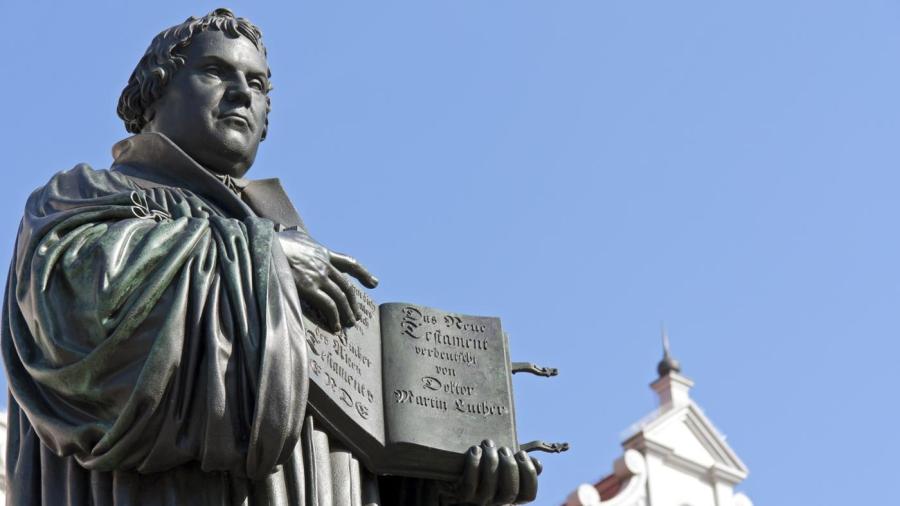What Are Some Important Effects From the Reformation?

The Protestant Reformation impacted religion, philosophy, politics and economics worldwide. The dramatic effects of the Reformation can still be felt today.
The Protestant Reformation was a long-term movement that challenged papal authority and questioned the Catholic Church’s practices. Reformists ‰ÛÓ followers of the Reformation ‰ÛÓ had a belief that the Bible should guide spiritual authority. The start of the Reformation dates back to Germany when a monk, Martin Luther, published his “95 Theses” in 1517, according to History. The Reformation ended between 1555 and 1648 when the Peace of Westphalia treaties allowed Catholicism and Lutheranism to coexist in Germany. Reformation began to spread through Europe before and during this time.
The “95 Theses”
Luther’s paper, “95 Theses,” was a list of questions challenging the Pope’s alleged corrupt practices. These questions were meant to be debated to question the role of papal authority. Luther began the controversy when he nailed the paper to a church door. The document discussed the Roman Catholic Church’s practice of absolving sin by selling “indulgences,” which were actions people could perform to reduce the amount of sin that a punishable action could carry. Luther believed that salvation could only be reached through a person’s faith and by divine grace, not via indulgences, notes History. The “95 Theses” spread throughout Germany and then into Italy. In 1518, the Pope condemned Luther, calling him a heretic. The doctrine sparked the movement that would change the course of religion in Western Europe.
The Religious and Philosophical Impact of Reformation
The Reformation‰Ûªs most direct impact was upon religious and philosophical thought. The movement came to prominence largely through dissatisfaction with the Catholic Church, which was a preeminent authority in Europe in the 1500s when the Reformation began. As a result, the Church was fractured in opinion about obtaining salvation. These disagreements ultimately led to the multitude of Christian denominations that are seen in modern times. Religions like Lutheranism are a direct result of the Reformation.
The Economic Impact of Reformation
The movement had an economic impact as well. John Calvin, another Reformation leader, taught a doctrine of predestination and hard work. He taught that financial success was a sign that a person was destined to salvation in the afterlife and that merchants who succeeded in business did so because God looked upon them favorably. This gave rise to what is known as the ‰ÛÏProtestant work ethic,‰Û which augmented the economic system of capitalism.
The Political Impact
The Reformation fed a mood of anti-authoritarianism, which led to a backlash against the feudal system of land ownership. Democratic principles rose to prominence along with capitalist economics in the late 1500s. In the centuries following the Reformation, major movements like women‰Ûªs suffrage and the abolition of slavery grew out of the Reformation era’s principles of challenging authority.
The Counter-Reformation
As a backlash to the Reformation, the Church began its Counter-Reformation, also called the Catholic Revival. This was sparked by Pope Paul III, who responded to the Protestants in 1545 by forming the Council of Trent, which lasted until 1563. The council reacted against the role of faith and God’s grace. It instead focused on revitalizing and clarifying the Roman Catholic Church by strengthening and controlling doctrines while regulating the training of candidates for the priesthood.
The Lasting Impact of the Reformation
The Reformation’s impact has reached into modern history. People have the freedom to choose religious beliefs or no beliefs at all. The Reformation also eliminated the pervasive way religion ruled and restrained people’s lifestyles. Now, in many Western countries, individuals can live freely, however and wherever they want. This is because there isn’t a dominant religion that is inflicting rules and regulations on every citizen’s life, according to Brad. S. Gregory, author of Rebel in the Ranks, a book about Martin Luther and the Reformation.





